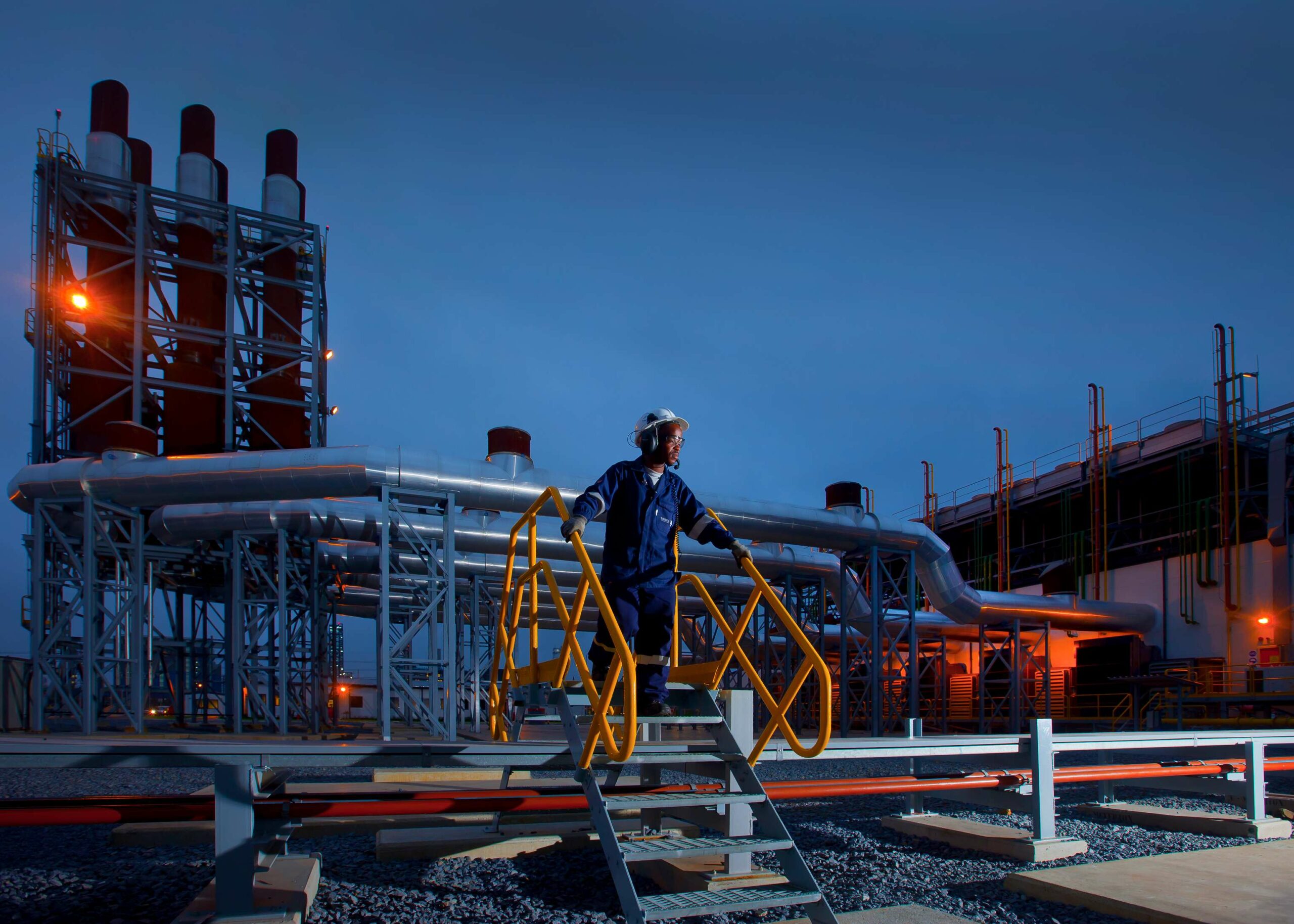News
A Sigh of Relief for Industry as Regulator Cuts Sasol Gas Price

In a welcome move for South Africa’s industrial and commercial sectors, the cost of a key energy source is coming down. The National Energy Regulator of South Africa (Nersa) has approved a 6% decrease in the maximum price for gas supplied by Sasol Gas for the third quarter of the 2025/26 financial year.
This adjustment, announced on Friday, is a direct result of a new flexible pricing framework that allows Sasol to adjust its rates quarterly to reflect the actual cost of acquiring gas.
A System Built on Verification, Not Guesswork
This isn’t an arbitrary price cut. It stems from a decision Nersa made in June 2025, moving away from a static annual price to a system that reacts to the market. Under this framework, Sasol Gas is required to open its books every quarter, providing detailed cost data to prove that any price change is justified.
For this latest period, Nersa didn’t just take Sasol’s word for it. The regulator conducted rigorous checks, verifying the reported costs against gas supply contracts and even cross-referencing gas flow data from Mozambique. This thorough audit confirmed that a price reduction was warranted, leading to the new maximum price of R85.10 per gigajoule, down from R90.57.
The decrease is primarily attributed to more favourable costs for new gas coming from Mozambique, influenced by shifts in global oil-linked prices and exchange rate fluctuations.
What the Decrease Really Means for Customers
However, Nersa was quick to provide a crucial clarification. Nomfundo Maseti, the regulator member for piped-gas, stressed that the published figure is a maximum price, not a mandated rate.
“It is expected of Sasol Gas to charge actual gas prices lower than the maximum price,” she explained. This means while the ceiling has been lowered, the final price negotiated with individual customers could be even better. The move is widely seen as a positive step that should translate into tangible savings on energy input costs for factories and businesses.
A Temporary Respite in a Volatile Market
Energy experts have welcomed the news but caution against seeing it as a long-term trend. Ruse Moleshe, Managing Director of energy consultancy RUBK, noted that the reduction “eases pressure on operating expenses,” but emphasized this is just a quarterly review.
“After March 2026, Nersa will issue a new determination. The price could therefore go up or down depending on market conditions,” Moleshe said. The new system is designed for agility, reflecting the reality of a volatile global energy market rather than locking in a long-term price that may become outdated.
This price cut arrives as Sasol is working to secure future gas supply beyond 2028, with plans to bridge the gap using methane-rich gas from its Secunda operations while longer-term liquefied natural gas (LNG) solutions are developed. For now, industries can breathe a little easier, with lower energy costs providing a slight but significant boost to their bottom lines.
{Source: IOL}
Follow Joburg ETC on Facebook, Twitter , TikTok and Instagram
For more News in Johannesburg, visit joburgetc.com



























